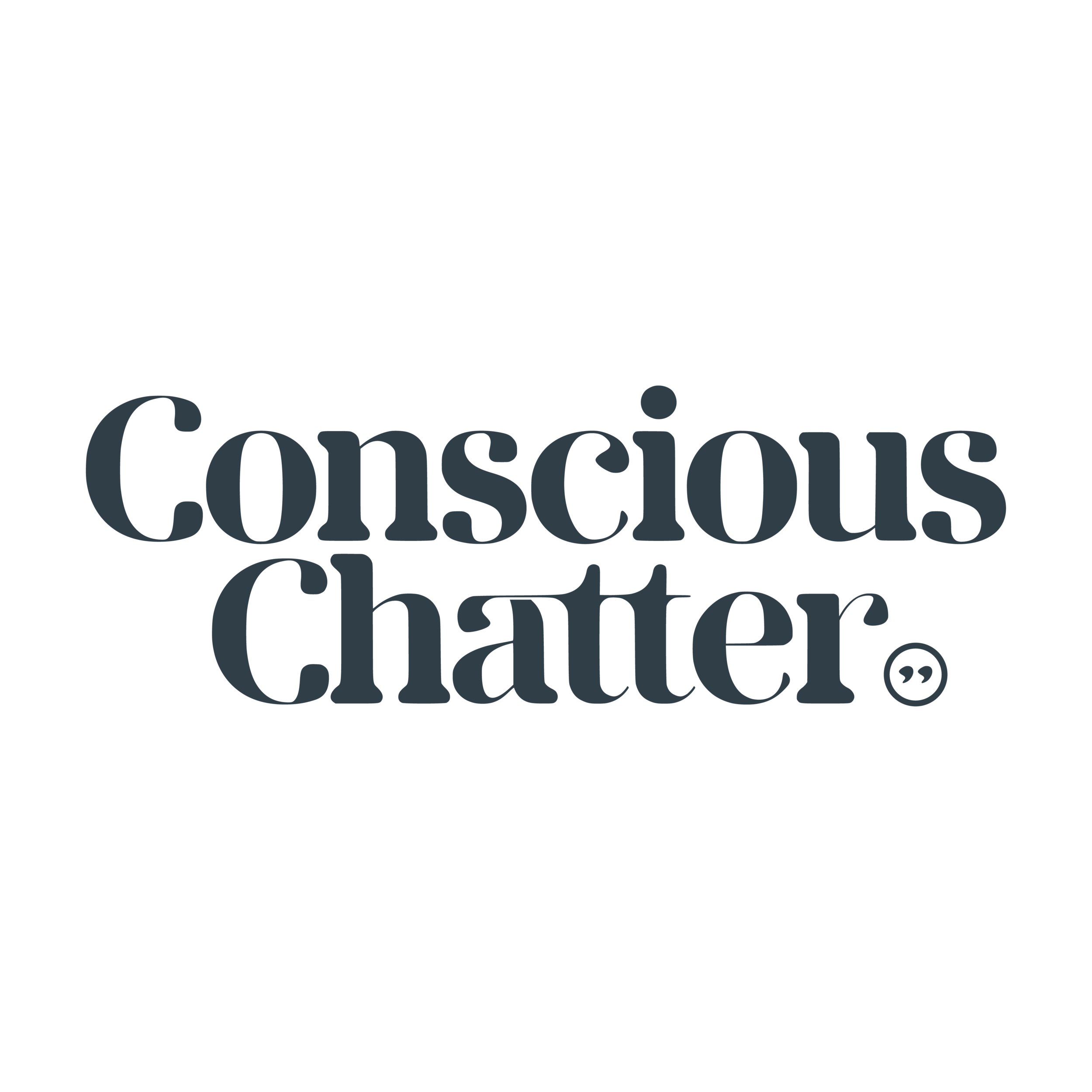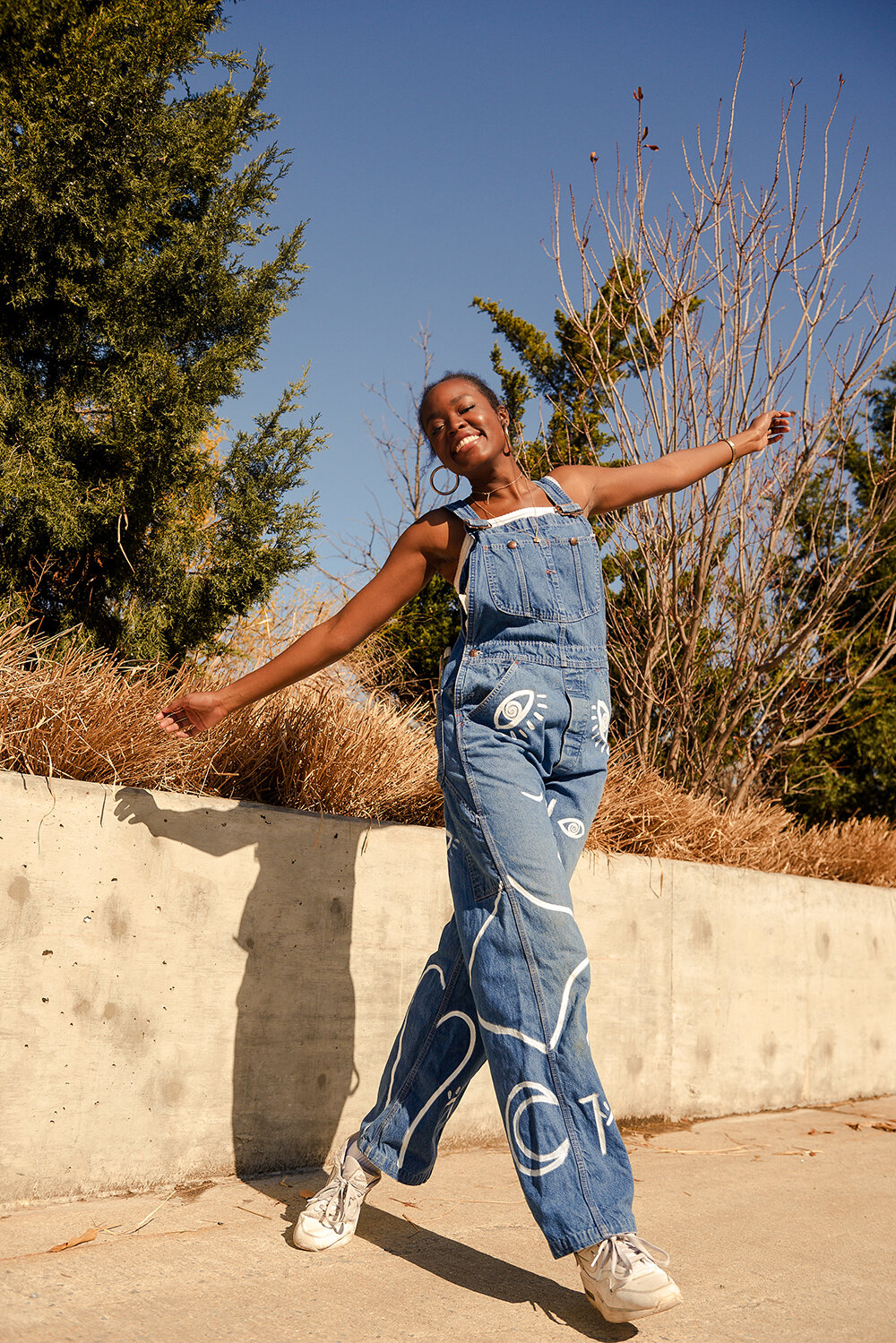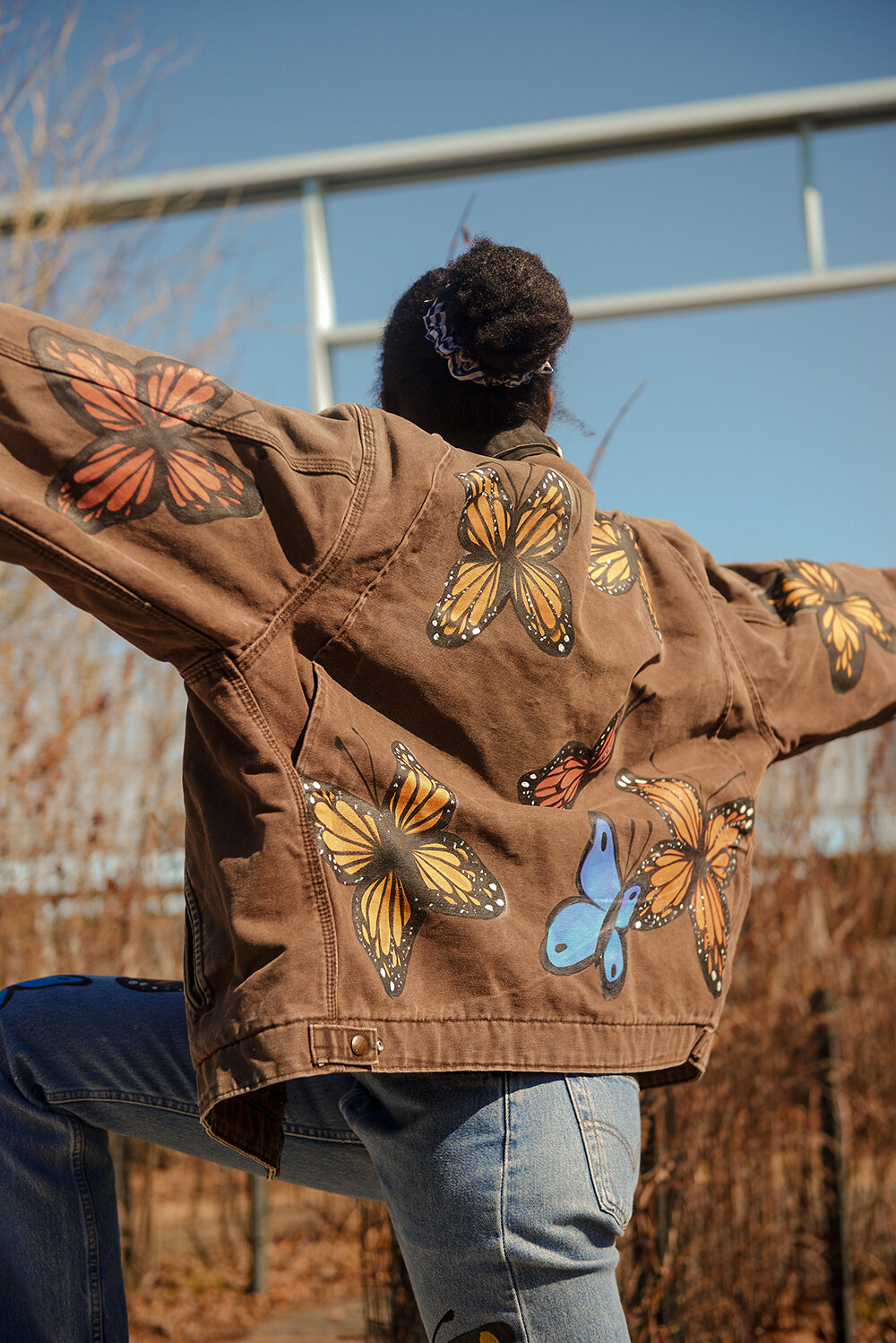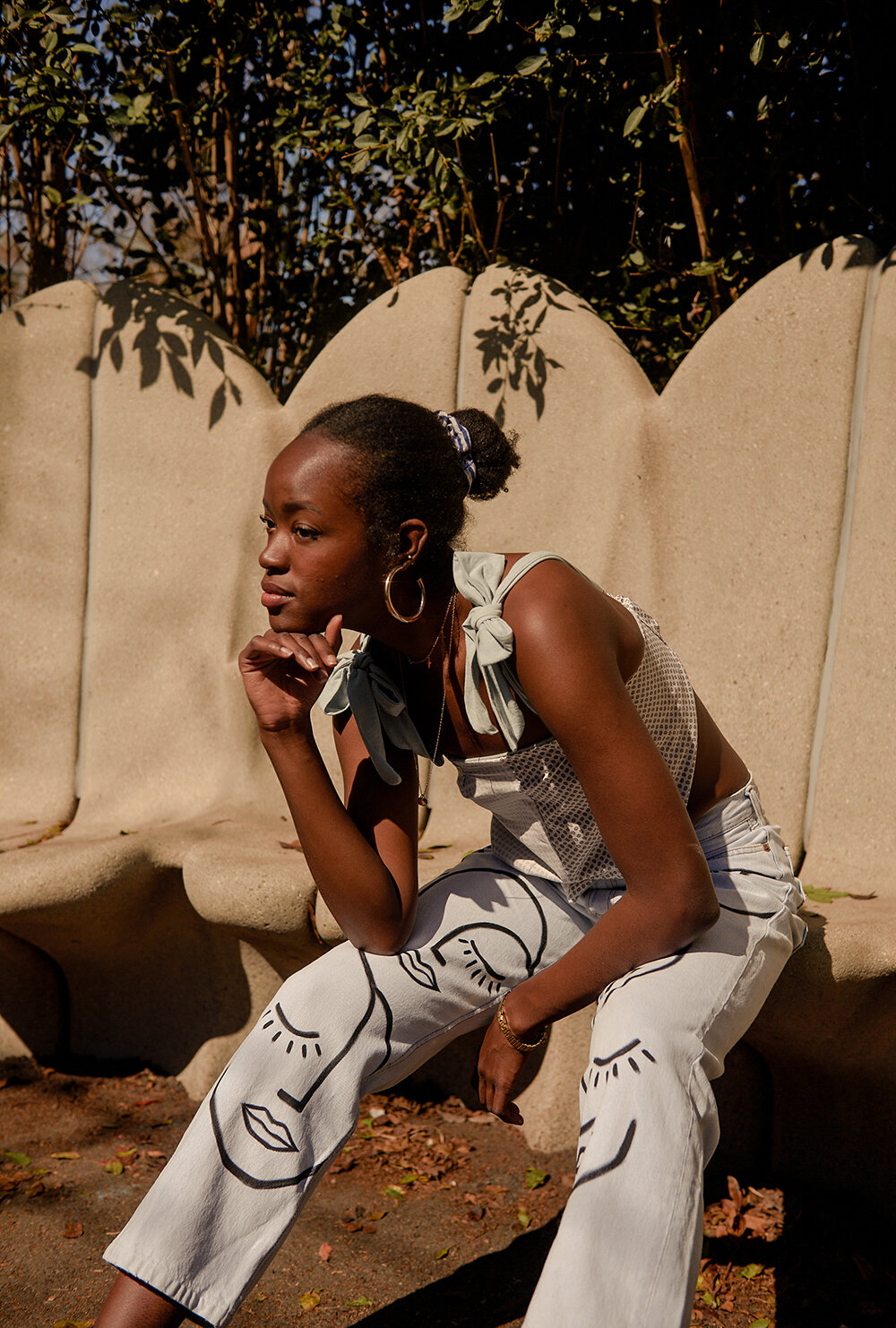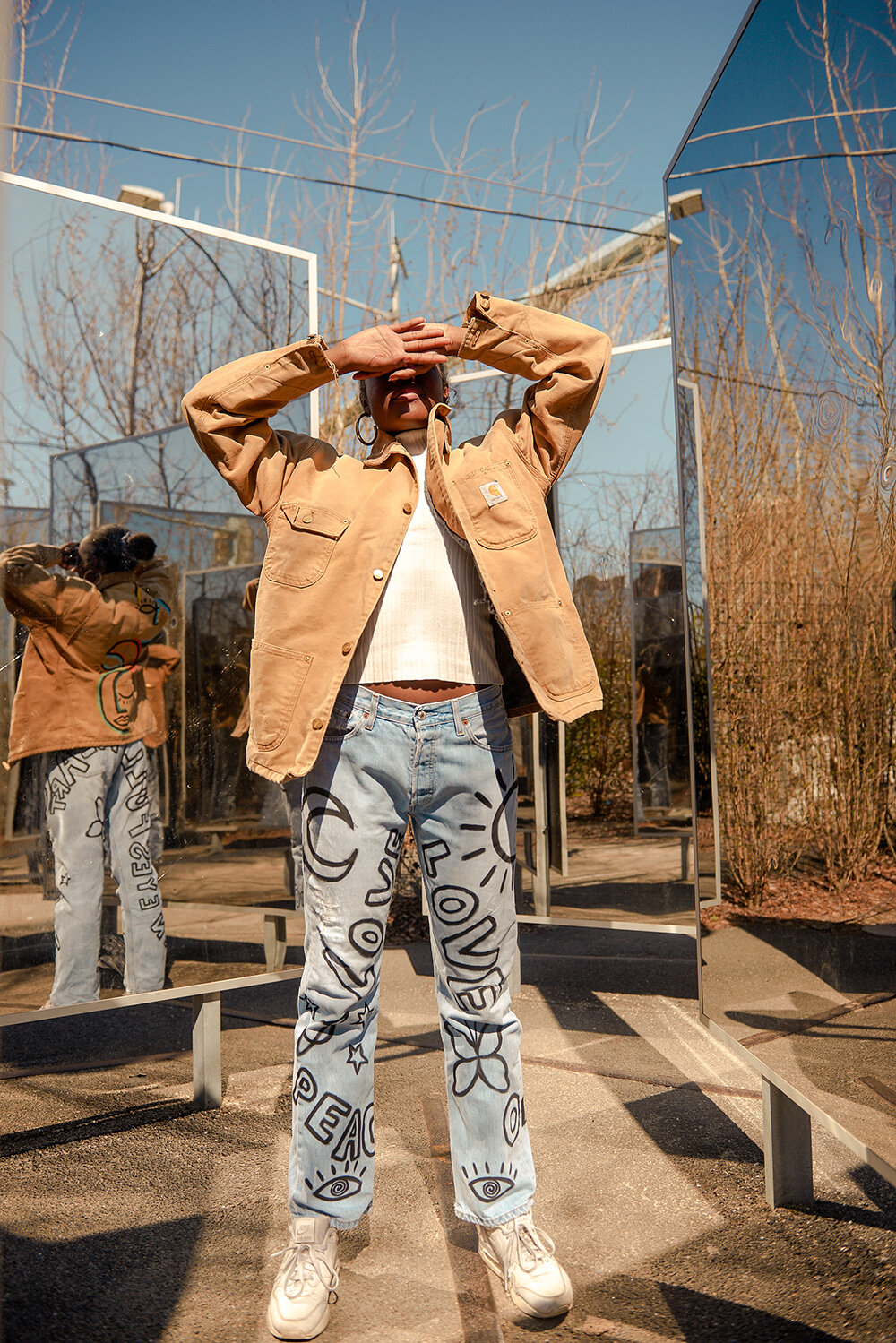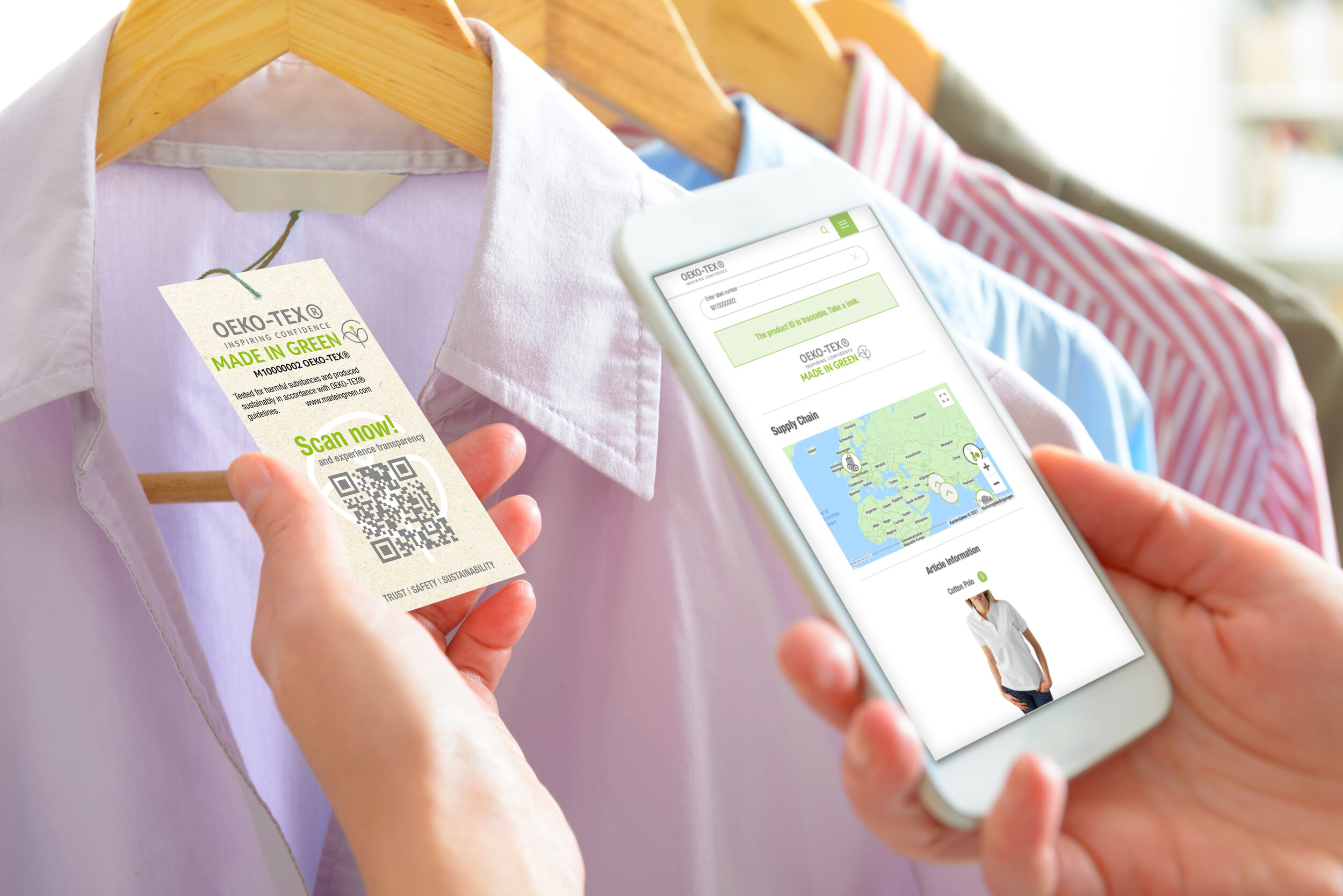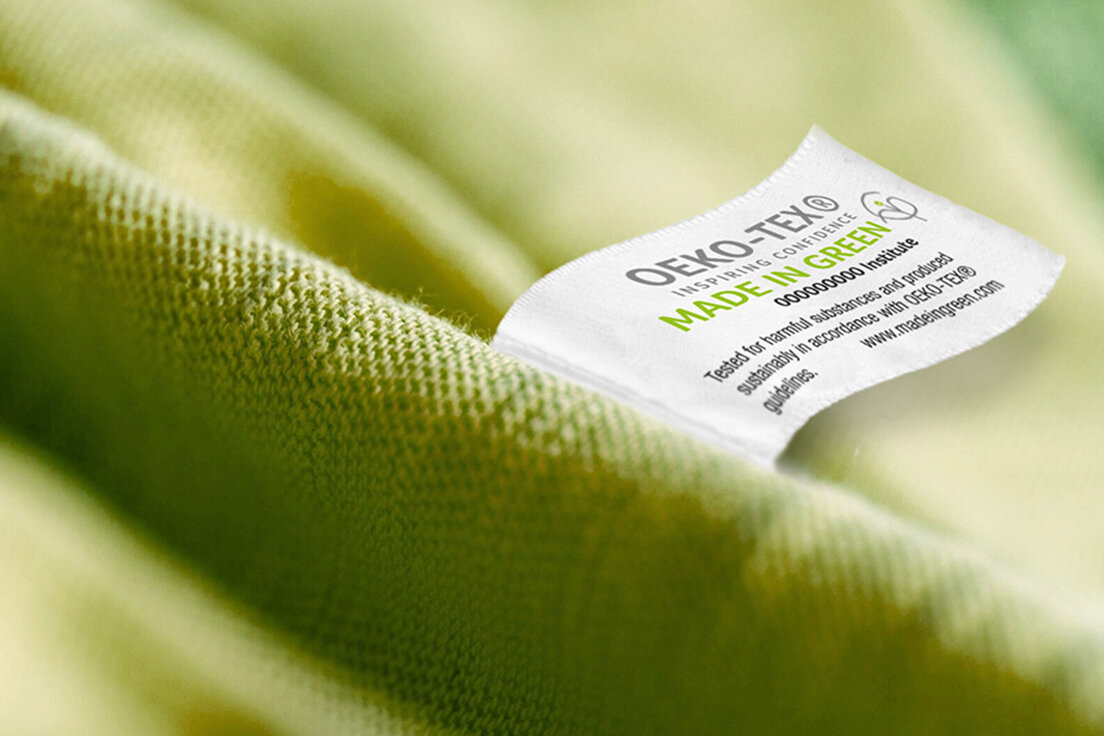Mikaela Clark on balance in partnerships, welcoming the evolution of your creativity, and inclusivity in upcycling
In episode 235, Kestrel welcomes Mikaela Clark, a visual artist and designer, to the show. The founder of Hansel, Mikaela makes handpainted, upcycled apparel in Brooklyn, New York.
“At the time, I was like hey, I’m gonna invite in whatever good is trying to worm its way into my life. And then, as we make these decisions, we grow, we learn, and we think — ok, how can I get even more nuanced, how can I make more decisions in the future that align even more with my personal ethos? What have I learned along the way that’s made me maybe want to shy away or maybe want to lean closer to the decisions I’ve made. It’s all a process and it just can’t be separated — it’s all intersectional, everything’s at play when we’re trying to have this discussion about ethical fashion.”
-Mikaela Clark
On this week’s show, Mikaela shares more on how she learned to sew from her mom at an early age, and how that nurtured her love of fashion and making clothing. After she pursued music in college, an infection led her to lose her ability to use her voice for a period of time — she started painting as an alternative creative outlet, and then eventually led her to painting garments.
Kestrel and Mikaela also explore more about Hansel’s recent collaboration with Urban Renewal (a sub-sect of Urban Outfitters) called “Sacred Space”. Mikaela shares an array of thoughts around this partnership, the intentions she went into it with, how it has been meaningful for her and what she has learned from it.
“I think since I first learned to sew, I always knew that I wanted to have a fashion brand at some point — music was always the first love, but fashion was just something that I was so passionate about … I used to sketch little clothing brands and I would name them after my grandmas.” -Mikaela
“It’s really grown from being just a lot of word-of-mouth commissions to being these larger bodies of work that really help carry me through tough seasons of life.” -Mikaela
“I’m one of three sisters — we’re all different shapes and sizes and colors and all beautiful in our own way, and I didn’t feel comfortable making clothes that my sisters couldn’t wear … it’s about the long game, it’s about figuring out what your process is as you go, and doing what you can to hold that intention close to your heart, until you’re in a place where you’re able to really execute on it and make it reality.” -Mikaela
“There are a lot of things that go into pricing, and I think having that bubble burst for a moment — it didn’t make me want to change anything that I do, but it just made me want to communicate mores the purpose and passion behind why I do what I do.” -Mikaela
“I can’t separate my Blackness from how I approach my decisions either. And when I’m thinking about the lesser opportunities that Black people, and then more specifically Black women, and then even more specifically dark-skinned really kinky-haired Black women get to share their art, and to have backing put behind them and to be supported in that way, I mean — the landscape’s so different, it’s not an easy black and white discussion, and so for me, it was very like — I wanna be able to say my piece, I want to be able to put my work in front of people and stand proudly behind it, and in front of more eyes than I’ve been able to in the past. I also want to be able to pay my rent, you know, it’s been a hard year.” -Mikaela
“We have to be willing to discuss how the human experience is so much more nuanced than just — this is good, this is bad, and you gotta be on either side of the aisle or you’re wrong. It’s: we’re all human, we all need to do better, and the ways we’re gonna dismantle the system are by changing the way we approach consumption, being more mindful to reuse the things in our lives, but also being patient with ourselves as we slowly make that transition.” -Mikaela
OEKO-TEX® is a worldwide association of 18 independent research and test institutes that sets standards for safer textile and leather production and products. The OEKO-TEX® portfolio of independent certifications and product labels help all of us make responsible decisions to choose products that are safer, more environmentally friendly, and manufactured in a socially responsible way. We can all look out for the OEKO-TEX® certification - their labels mean that the products have been independently tested and verified for high product safety.
